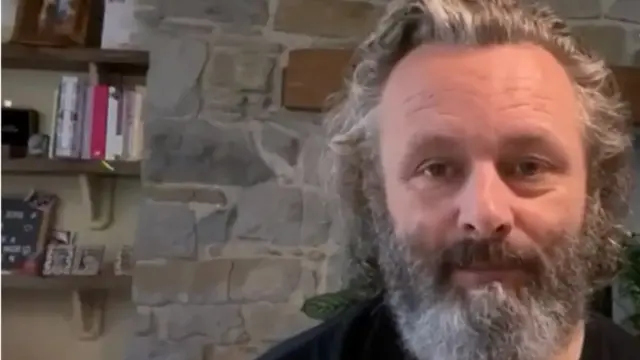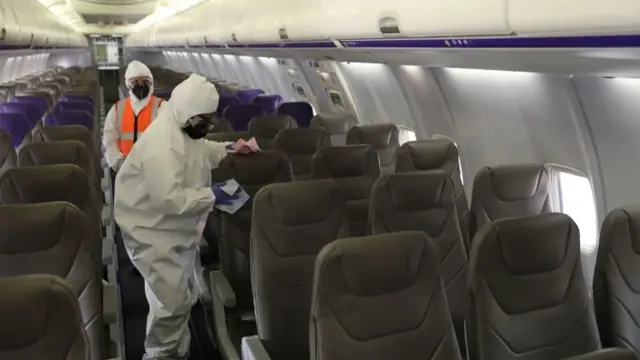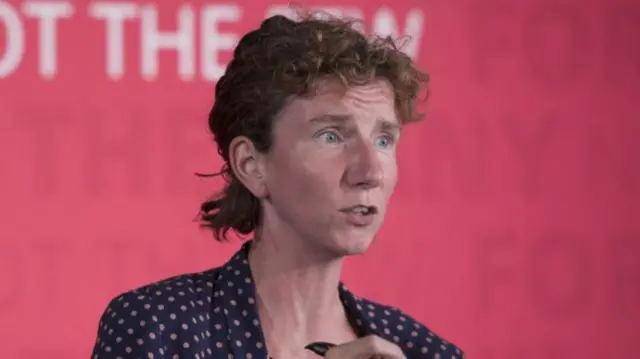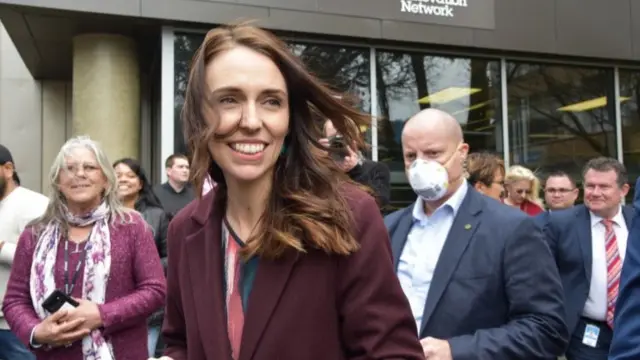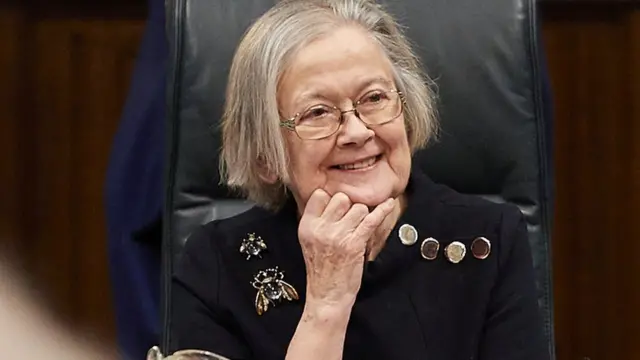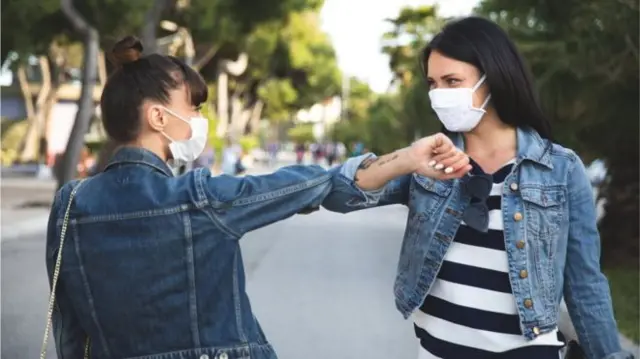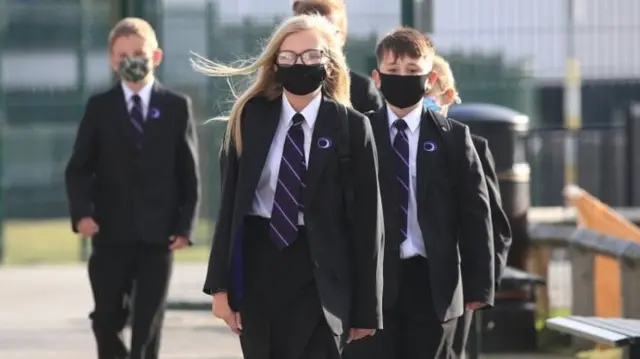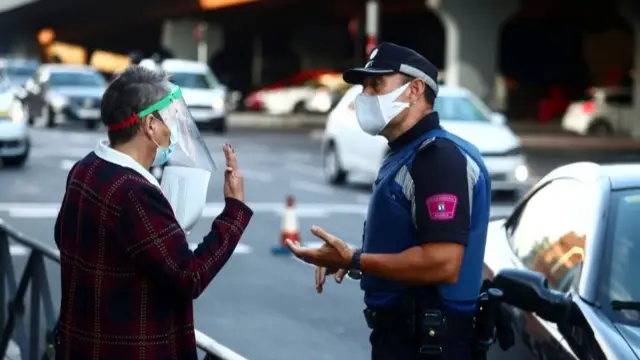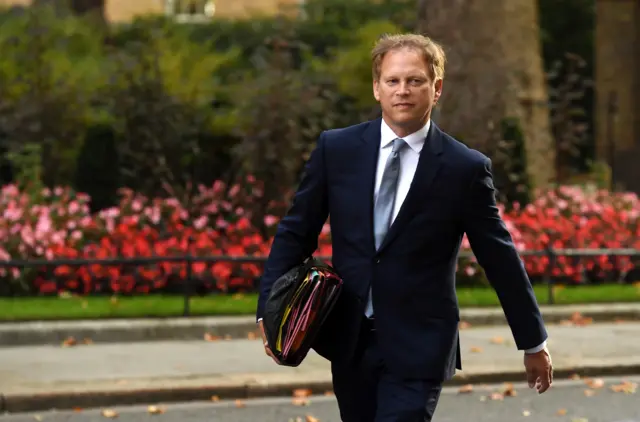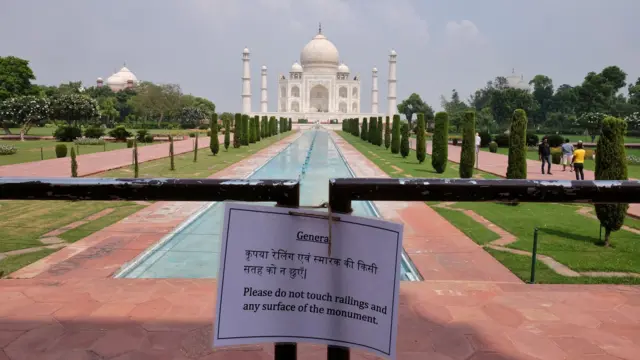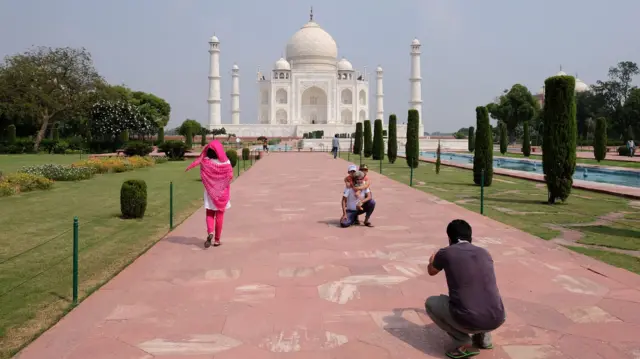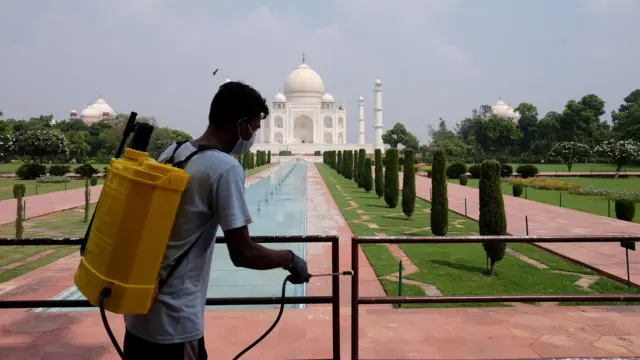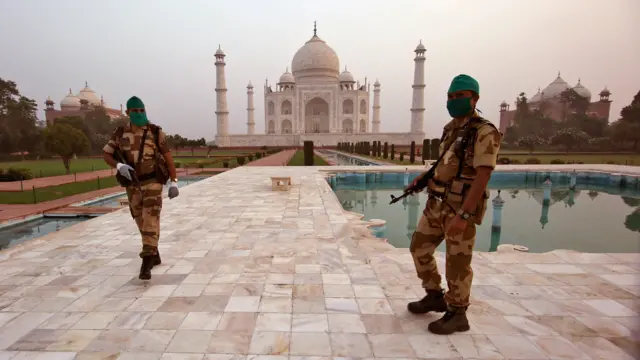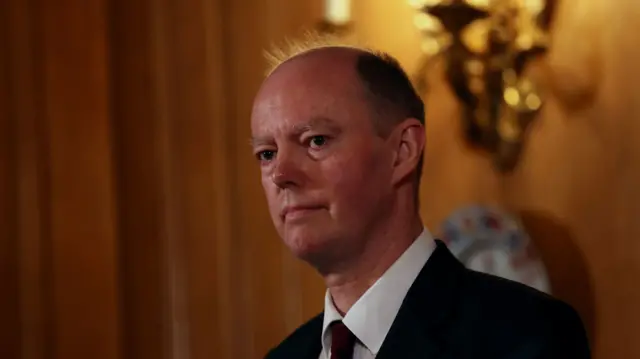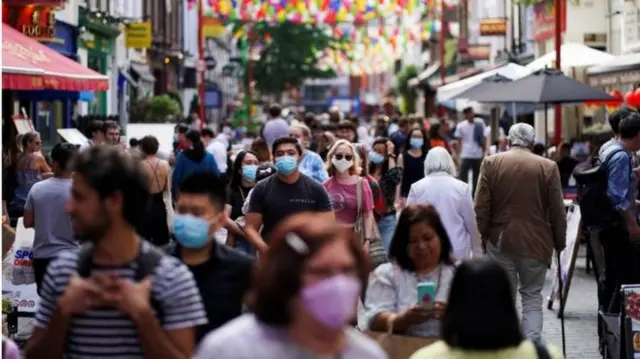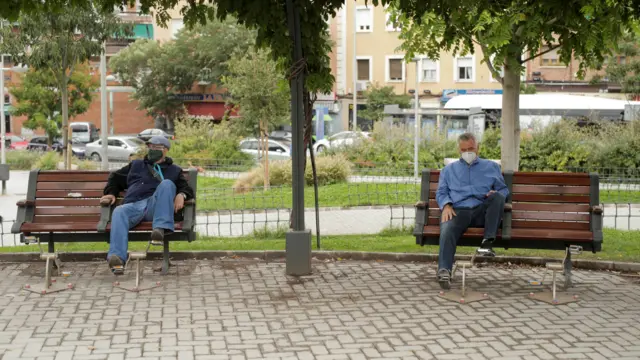Lebanon fears another lockdown amid record casespublished at 10:29 BST 21 September 2020
Lina Sinjab
BBC Middle East correspondent
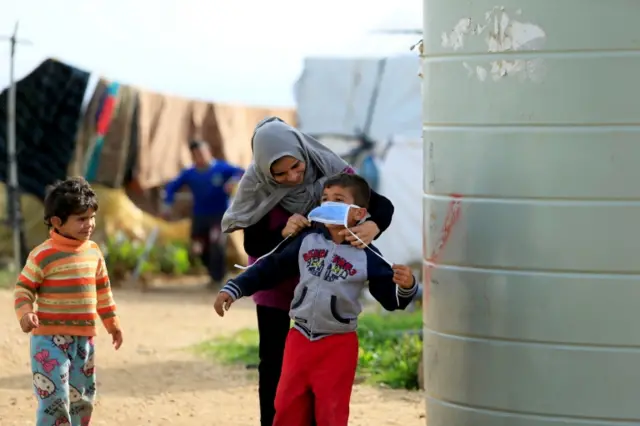 Image source, Reuters
Image source, ReutersThere are concerns about the spread of the virus, including in areas housing Syrian refugees
In Lebanon 1,006 coronavirus cases have been reported in a single day, the highest number since the virus was detected in the country in February.
This raises the red flag in a country of nearly four million which houses another million refugees. Hospitals and medical facilities are overwhelmed with cases.
Many people here are concerned and are following protection rules to the letter, but it is hard to enforce the hygiene measures on everyone in public areas especially in poor, densely populated neighbourhoods.
Schools and universities have reopened virtually with mostly online classes and a few physical ones where the number of students is limited.
The country’s economy is collapsing and it hit rock bottom after the blast in August that destroyed many parts of the city and killed nearly 200. Another lockdown will be difficult for many people whose businesses have suffered a year-long economic collapse.
